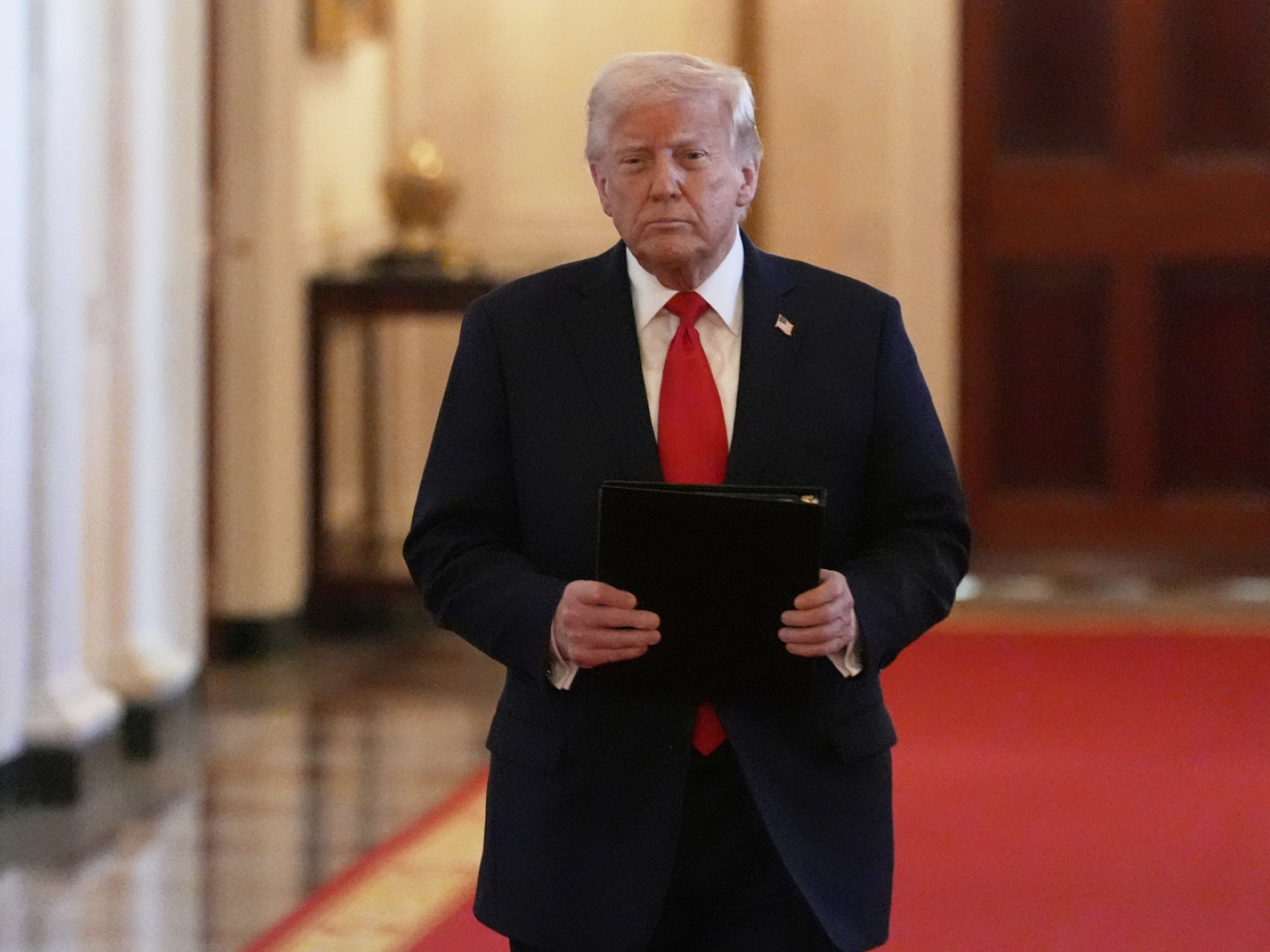
Swiss economy impacted by US tariffs but no crisis

United States tariffs will lead to a sharp weakening of the Swiss economy, but not to a collapse, the government says.
+Get the most important news from Switzerland in your inbox
The US has imposed additional tariffs of 25% on steel and aluminium products since 12 March 2025 and of 25% on cars since 3 April. In addition, an additional 10% flat rate duty on imports from almost all countries has been in force since 5 April.
+ Trump tariff shock: how Switzerland is positioning itself
Some goods are currently exempt, in particular most pharmaceutical products. The country-specific additional duties of 9 April (+21% for Switzerland), on the other hand, were uspended for 90 days shortly after they came into force.
Given these dynamic assumptions, estimates of the impact on the Swiss economy are characterised by a very high degree of uncertainty, the government states in its analysis. Switzerland is no more affected than other states at the moment.
However, indirect consequences can also be expected, due to a weakening of the global economy and volatile developments in the financial markets and exchange rates. The forecast is that the expected gross domestic product (GDP) growth of 1.4% for this year will actually be weaker.
The short-time working allowance (ILR) is a proven instrument with which redundancies due to temporary and unavoidable job losses can be prevented, said the Federal Council.
For the sake of clarity, the State Secretariat for Economic Affairs (SECO) informed the unemployment insurance enforcement agencies today that new and impending duties will be recognised as grounds for claiming ILR, provided that the companies directly or indirectly affected are involved and that all other requirements for claimants are met.
In addition to this, the Federal Department of Economic Affairs, Education and Research (EAER) is working on submitting the extension of the maximum ILR duration of 18 months (instead of 12), valid until the end of July 2025, to the government as soon as possible. One and a half years is the maximum allowed by legislation.
The executive concludes by assuring that, in view of the volatility of developments, the situation is constantly monitored. This includes an in-depth analysis of the possible need for action and the evaluation of possible economic policy measures, should they prove necessary.
Translated from Italian by DeepL/mga
How we work
We select the most relevant news for an international audience and use automatic translation tools such as DeepL to translate them into English. An editor then briefly reviews the translation for clarity and accuracy before publication. Providing you with automatically translated news gives us the time to write more in-depth articles. The news stories we select have been written and carefully fact-checked by an external editorial team from news agencies such as Bloomberg or Keystone.
Did you find this explanation helpful? Please fill out this short survey to help us understand your needs: https://survey.survicate.com/d0df481d0b13412d/?p=anonymousExternal linkExternal link

In compliance with the JTI standards
More: SWI swissinfo.ch certified by the Journalism Trust Initiative






























You can find an overview of ongoing debates with our journalists here . Please join us!
If you want to start a conversation about a topic raised in this article or want to report factual errors, email us at english@swissinfo.ch.